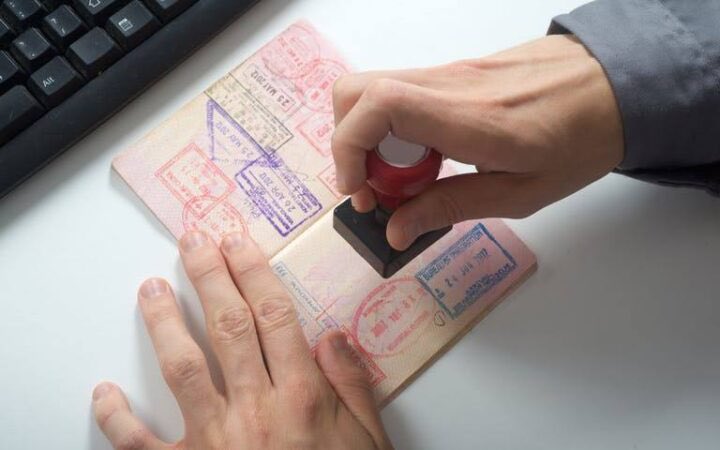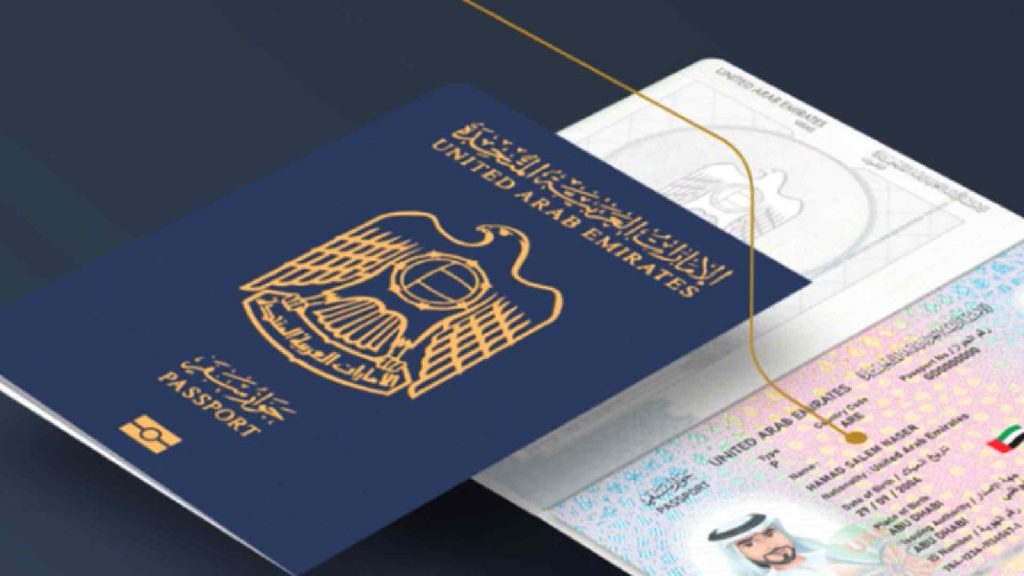
Navigating the intricacies of securing a tourist or visit visa for the UAE can be challenging. Travel experts have identified frequent pitfalls that applicants should steer clear of to enhance their chances of a successful application. According to a comprehensive report by Gulf News, several key factors can make or break your visa application.
Key Mistakes to Avoid

Incomplete Applications for Minors
Sapna Aidasani, Marketing Director at Pluto Travels, highlights that one of the most prevalent errors is neglecting to provide complete parental information when applying for a minor's visa, typically for applicants under 18. "It is essential to include full details for both parents along with written consent," Aidasani explained.
"Visa applications lacking this critical information often face rejection from immigration authorities." Additionally, parents are advised to include copies of their passports and marriage certificates to further support the application.

Duplicate Applications
Another significant mistake is submitting multiple visa applications for the same individual. Aidasani urges applicants to check for any pending applications before initiating a new one, as duplication can lead to complications and rejections. If an applicant has an existing visa application in process, they should wait for a decision before submitting another request.
Reapplying Too Soon
Husham Kattingeri, Outbound Travel Supervisor at Regal Tours Worldwide, advises potential visitors to wait at least a month after exiting the UAE before applying for a new visit visa. "Reapplying immediately after departure can lead to unnecessary issues," he noted, recommending a minimum one-month gap for a smoother re-entry process. This waiting period helps to avoid the perception of visa abuse or overstaying.

Essential Visa Requirements
To facilitate a successful application, travelers must adhere to the following updated requirements:
-
Confirmed Return Tickets
A return or onward travel ticket is mandatory to assure immigration authorities of the applicant's intention to leave the UAE before the visa expires. It is advisable to book flexible tickets in case travel plans change. -
Proof of Accommodation
Applicants must provide evidence of accommodation, such as a hotel booking, a tenancy agreement, or the address of a host residing in the UAE. If staying with friends or family, a letter of invitation from the host can also be beneficial. -
Financial Proof
Travelers might need to demonstrate their financial capacity through bank statements or by carrying sufficient cash, typically between Dh2,500 to Dh3,000. Aidasani further suggests that Indian nationals should maintain a bank balance of at least INR 50,000 (approximately Dh2,175). Additionally, travelers can provide proof of employment or sponsorship letters from employers to bolster their financial credibility. -
Printed Documentation
Kattingeri emphasizes the importance of carrying printed copies of crucial documents, including return flight tickets, accommodation details, and proof of funds, to substantiate the applicant's status as a genuine visitor. This can also include travel insurance documents, which may be required by some airlines or hotels.
Importance of Complete Documentation

Rikin Sheth, Assistant Vice President at Musafir.com, stresses that incomplete or unclear documentation is a frequent cause of visa refusals. He advises applicants to meticulously review their documents for accuracy and completeness before submission. "Even minor discrepancies can lead to significant delays or rejections," he warned.
General Visa Requirements

Typical visa prerequisites include a valid passport (with at least six months' validity), a passport-sized photo, a confirmed travel itinerary, and financial proof if requested. Additionally, applicants should be aware of any specific requirements related to their nationality, as different countries may have unique stipulations.

Moreover, applicants who have previously entered the UAE on a 30-day tourist visa must wait at least 30 days before applying for another one, as immigration authorities are increasingly vigilant about consecutive tourist visa entries. It's also vital to be aware of the visa validity period and ensure compliance with all entry regulations.
Additional Tips for a Smooth Application Process
-
Use a Reliable Visa Service
Consider using established visa processing services that can guide you through the application process, ensuring that all documentation is complete and correct. -
Plan Ahead
Start the visa application process well in advance of your intended travel dates. This allows time for unexpected delays or additional requirements that may arise. -
Stay Updated on Regulations
Visa regulations can change frequently. Regularly check the official UAE government websites or consult with travel advisors for the most current information. -
Prepare for Interviews
If required, be ready for a visa interview. Practice common questions about your travel plans, financial stability, and reason for visiting the UAE to convey confidence and clarity. -
Avoid Last-Minute Changes
Try to finalize your travel plans before applying for the visa. Last-minute changes can complicate your application and may lead to discrepancies. -
Keep Copies of Everything
Maintain photocopies or digital backups of all submitted documents and correspondence. This can be helpful if you need to refer back to them later.
By adhering to these guidelines and avoiding common errors, travelers can significantly reduce the risk of visa rejection and ensure a smoother application process for a visit visa to the UAE. Understanding the nuances of the application process not only enhances the likelihood of approval but also sets the stage for a rewarding travel experience in the UAE.









.jpg)
.jpg)










.jpg)









.jpg)










.jpg)


.jpg)







.jpg)
